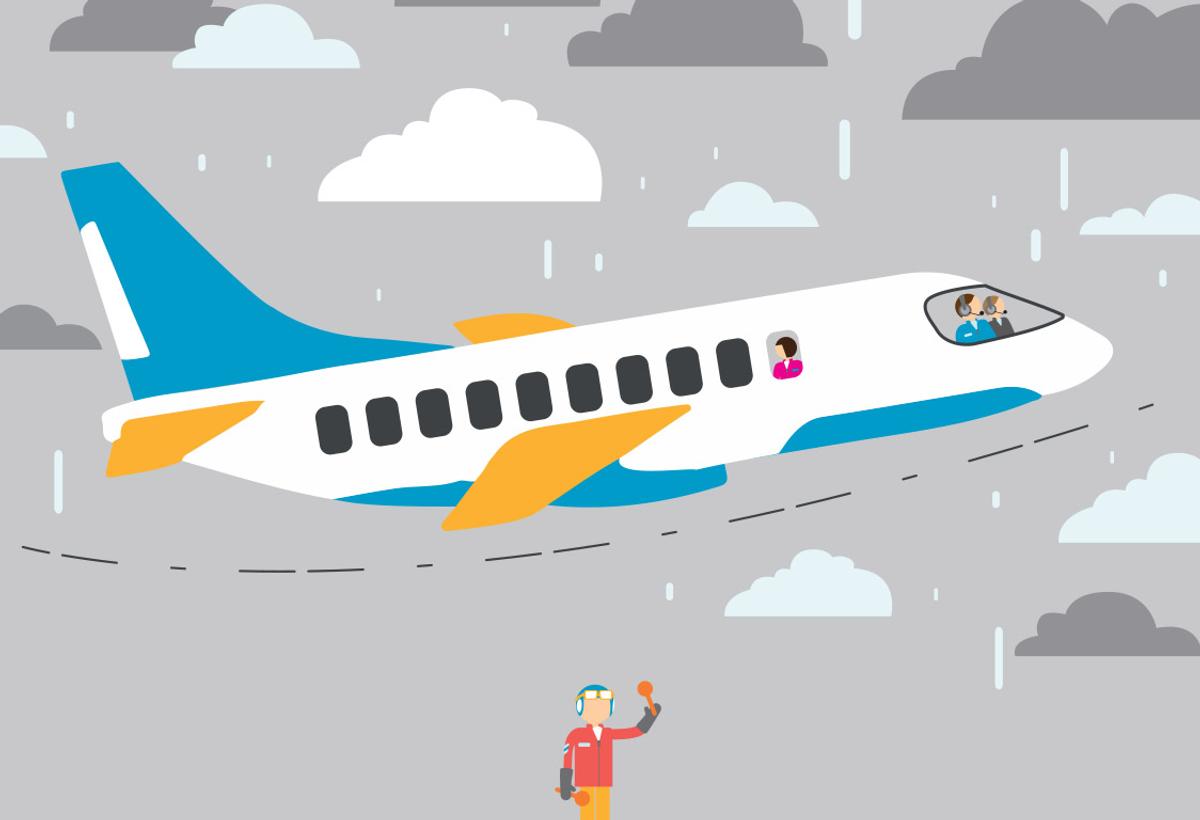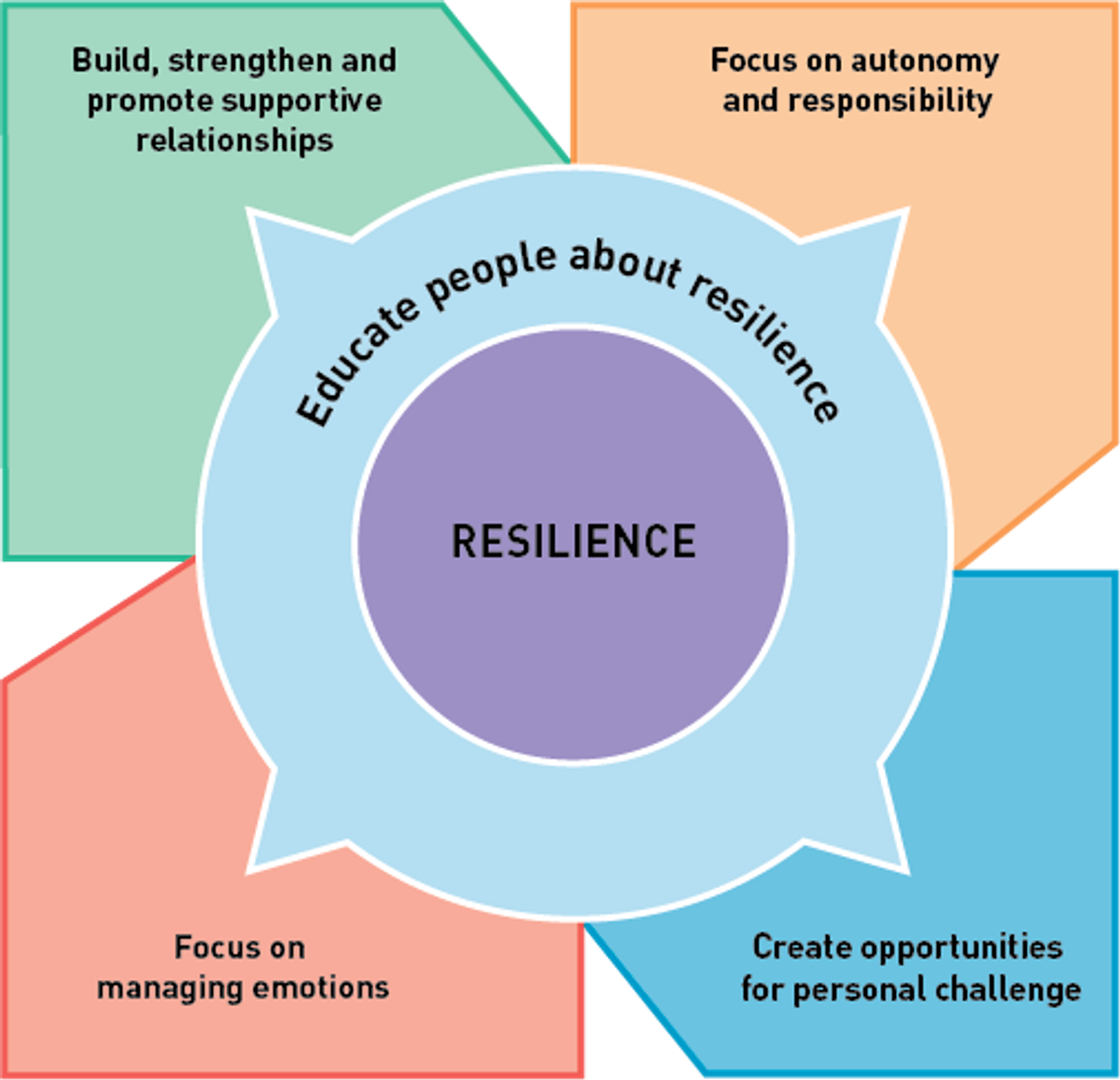Wellbeing @ Weeden

Building resilience in children
Resilience … it’s a familiar word, isn’t it? But what does it really mean?
When we talk about resilience, we’re talking about a child’s ability to cope with ups and downs, and bounce back from the challenges they experience during childhood – for example moving home, changing schools, studying for an exam or dealing with the death of a loved one. Building resilience helps children not only to deal with current difficulties that are a part of everyday life, but also to develop the basic skills and habits that will help them deal with challenges later in life, during adolescence and adulthood.
Resilience is important for children’s mental health. Children with greater resilience are better able to manage stress, which is a common response to difficult events. Stress is a risk factor for mental health conditions such as anxiety and depression, if the level of stress is severe or ongoing.
So where does resilience come from?
Resilience is shaped partly by the individual characteristics we are born with (our genes, temperament and personality) and partly by the environment we grow up in — our family, community and the broader society. While there are some things we can’t change, such as our biological makeup, there are many things we can change.
One way of explaining the concept of resilience is to imagine a plane encountering turbulence mid-flight. The turbulence, or poor weather, represents adversity. Different planes will respond to poor weather conditions in different ways, in the same way different children respond to the same adversity in different ways.
The ability of the plane to get through the poor weather and reach its destination depends on:
- the pilot (the child)
- the co-pilot (the child’s family, friends, teachers and health professionals)
- the type of plane (the child’s individual characteristics such as age and temperament)
- the equipment available to the pilot, co-pilots and ground crew
- the severity and duration of the poor weather.
We can all help children become more resilient and the good news is, you don’t have to do it alone. You can ask other adults such as carers and grandparents to help. Building children’s resilience is everyone’s business, and it’s never too early or too late to get started. We’ve got some simple things that you can do in your own home.
How can I build resilience in my child?
Research has shown that there are five areas that offer the best chance for building resilience in children.
As a parent, carer, or significant adult, you can help to develop essential skills, habits and attitudes for building resilience at home by helping your child to:
- building good relationships with others including adults and peers
- build their independence
- learn to identify, express and manage their emotions
- build their confidence by taking on personal challenges
There are some simple things you can do to build your child’s resilience in these areas (see above). You might be able to think of more.
It’s important to remember that the strategies we recommend:
- are suitable for everyday use with children aged 0–12 years
- have been tailored for pre-school aged children (1–5 years) and
- primary school aged children (6–12 years)
- should be prioritised in a way that best meets your child’s needs.
If your child is currently experiencing stress, challenges or hardships in life which are affecting their wellbeing, additional professional support may be necessary.
Resilient Kids Conference
Top experts discuss various issues affecting children and teens – 1 day only!
Speaking topics include:
- Raising Happy & Resilient Kids
- Understanding & Responding to Self-Harm
- Growing Up Online
- Growing Our Boys
- Anxious Kids
When: 7th September, 2019 (Saturday) 8:45am – 3pm
Cost: Only $89 for the full day - Ticket price does not include food and beverages on the day
Where: Crossway Centre, 2 Vision Drive, Burwood East, Melbourne VIC
Bookings Essential: For more info please see flyer attached and visit: resilientkidsconference.com.au
Girls on the Spectrum Workshop
This informative workshop is for parents, carers and guardians of girls in grades 5 & 6 at primary school and years 7 to 9 at secondary school who are on the Autism Spectrum.
Charlinda Parsons, Occupational Therapist, Spectrum Journey has over 20 years’ experience supporting girls on the Autism Spectrum, in early intervention, private practice, in schools and community health services. She will explore practical strategies, ideas and encourage to support girls on the Autism Spectrum.
Topics include:
- Hygiene and self-care
- Puberty
- Executive Function
- Supporting girls with sensory strategies to assist with anxiety
Date: Thursday 22 August 2019
Time: 7pm – 9pm
Location: Knox City Council Civic Centre, 511 Burwood Hwy, Wantirna South
Cost: Free Bookings essential at stickytickets.com.au/88629


